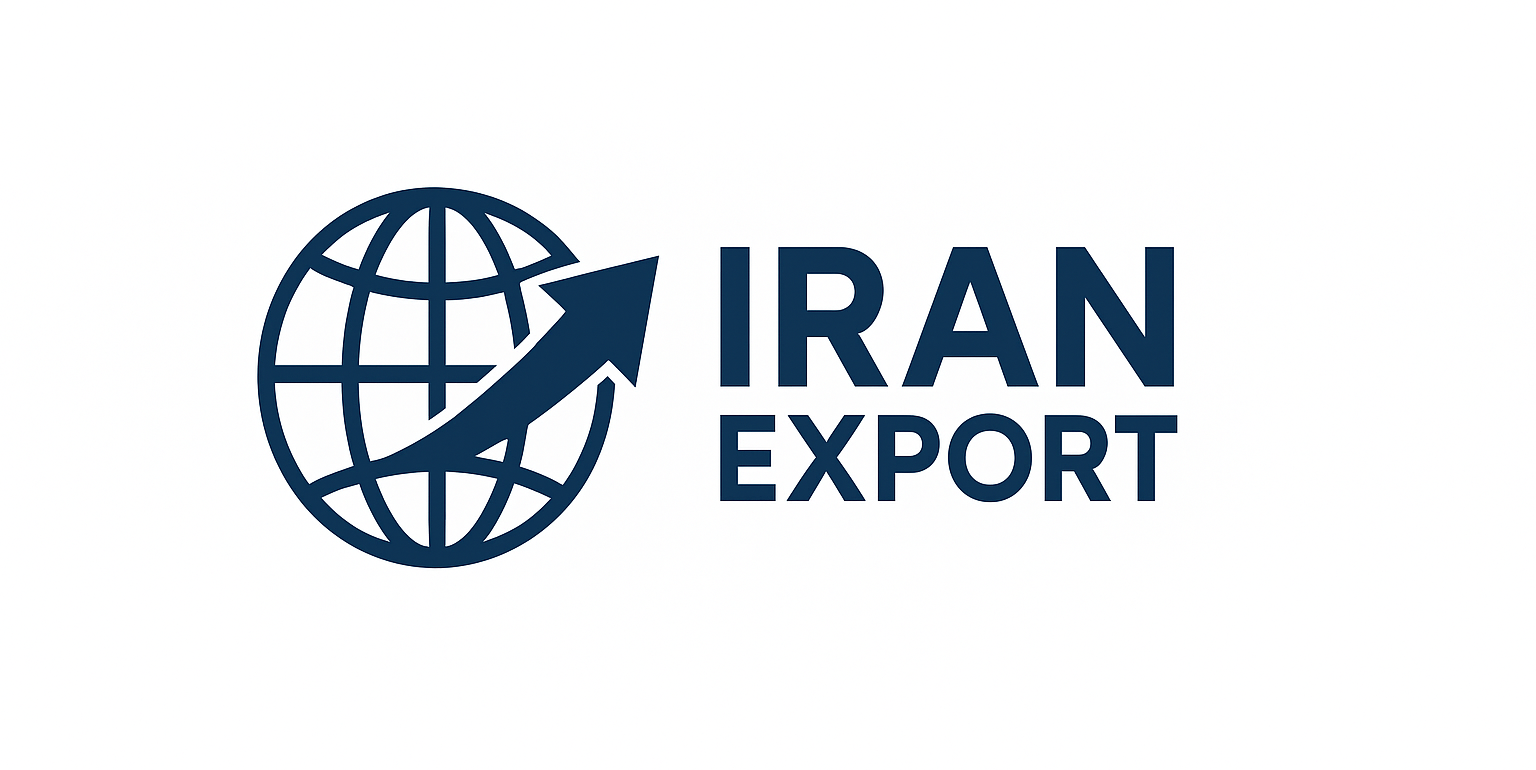Yarns and fibers are fundamental raw materials in the textile supply chain, produced in various forms including natural (such as cotton and wool), synthetic (such as polyester and viscose), and blended types. They are widely used in fabric production, home textiles, apparel, and technical textiles.
Iran has well-established infrastructure for spinning, synthetic fiber production, and fiber recycling. Iranian spinning mills, equipped with semi-modern technologies, are capable of producing different types of yarns—such as ring-spun, open-end, filament, and blended yarns—for diverse applications.
Yarn and fiber production based on domestic resources (like cotton and petrochemicals) creates significant value added, reduces import dependence, and supports self-sufficiency in the textile industry. This sector also offers extensive employment opportunities, particularly in industrial and rural areas.
Iran has the capacity to export certain types of yarns and fibers to regional markets, including Iraq, Afghanistan, Turkey, and Central Asian countries. Competitive pricing and geographic proximity are key advantages in this field.
Iran’s competitive strengths include access to raw materials, skilled labor, industrial infrastructure, and a strategic transit location. Modernizing machinery, improving product quality, and obtaining international certifications can enhance Iran’s position in the global yarn and fiber market.
